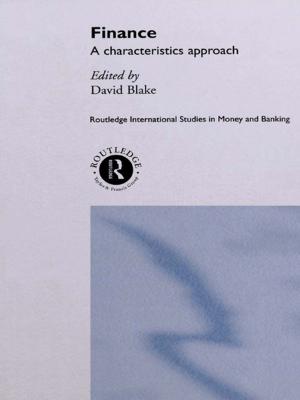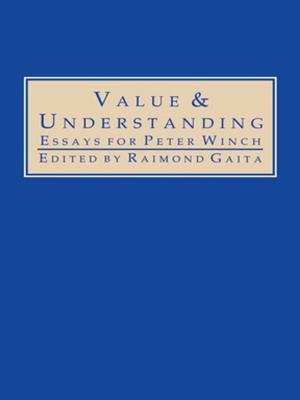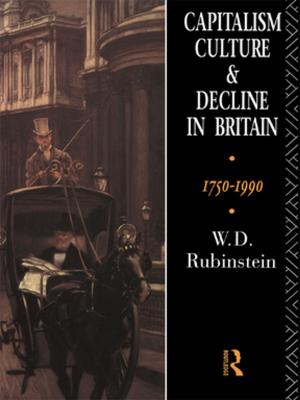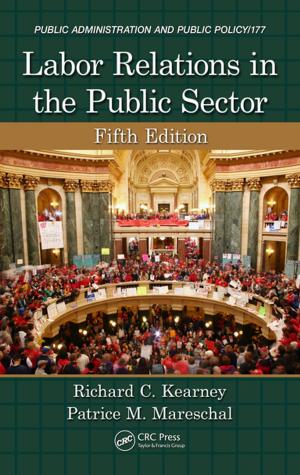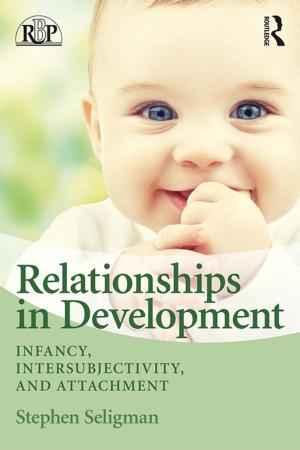Achieving a Triple Win
Human Capital Management of the Employee Lifecycle
Business & Finance, Human Resources & Personnel Management| Author: | ISBN: | 9781135997656 | |
| Publisher: | Taylor and Francis | Publication: | September 24, 2009 |
| Imprint: | Routledge | Language: | English |
| Author: | |
| ISBN: | 9781135997656 |
| Publisher: | Taylor and Francis |
| Publication: | September 24, 2009 |
| Imprint: | Routledge |
| Language: | English |
Traditionally, organizations have left human capital needs to the human resources department. However, the talent management landscape has changed. Managers have begun to recognize that attracting and employing highly talented individuals makes an enormous impact on the company’s bottom line.
The ‘Human Capital Cycle’ model presented in Achieving a Triple Win: Human Capital Management of the Employee Lifecycle presents a more systematic and comprehensive approach to human capital management based on the author’s insight into the connection between and organization’s strategy and its human capital needs and plans. Focusing on the six stages of the employee lifecycle, the book emphasises the need for a more adaptive, specialised approach to HRM to achieve what the author calls the ‘Triple Win’ – substantial benefits for customers, employees and the business as a whole. The book includes:
- rich descriptions and examples
- details on how to plan and execute each stage
- questions and issues
- case studies
This book is a useful resource for senior leaders, decision makers, HR professionals and those responsible for talent management in the private and public sectors. Students of HRM and management would find this an enlightening supplementary reading.
Traditionally, organizations have left human capital needs to the human resources department. However, the talent management landscape has changed. Managers have begun to recognize that attracting and employing highly talented individuals makes an enormous impact on the company’s bottom line.
The ‘Human Capital Cycle’ model presented in Achieving a Triple Win: Human Capital Management of the Employee Lifecycle presents a more systematic and comprehensive approach to human capital management based on the author’s insight into the connection between and organization’s strategy and its human capital needs and plans. Focusing on the six stages of the employee lifecycle, the book emphasises the need for a more adaptive, specialised approach to HRM to achieve what the author calls the ‘Triple Win’ – substantial benefits for customers, employees and the business as a whole. The book includes:
- rich descriptions and examples
- details on how to plan and execute each stage
- questions and issues
- case studies
This book is a useful resource for senior leaders, decision makers, HR professionals and those responsible for talent management in the private and public sectors. Students of HRM and management would find this an enlightening supplementary reading.


